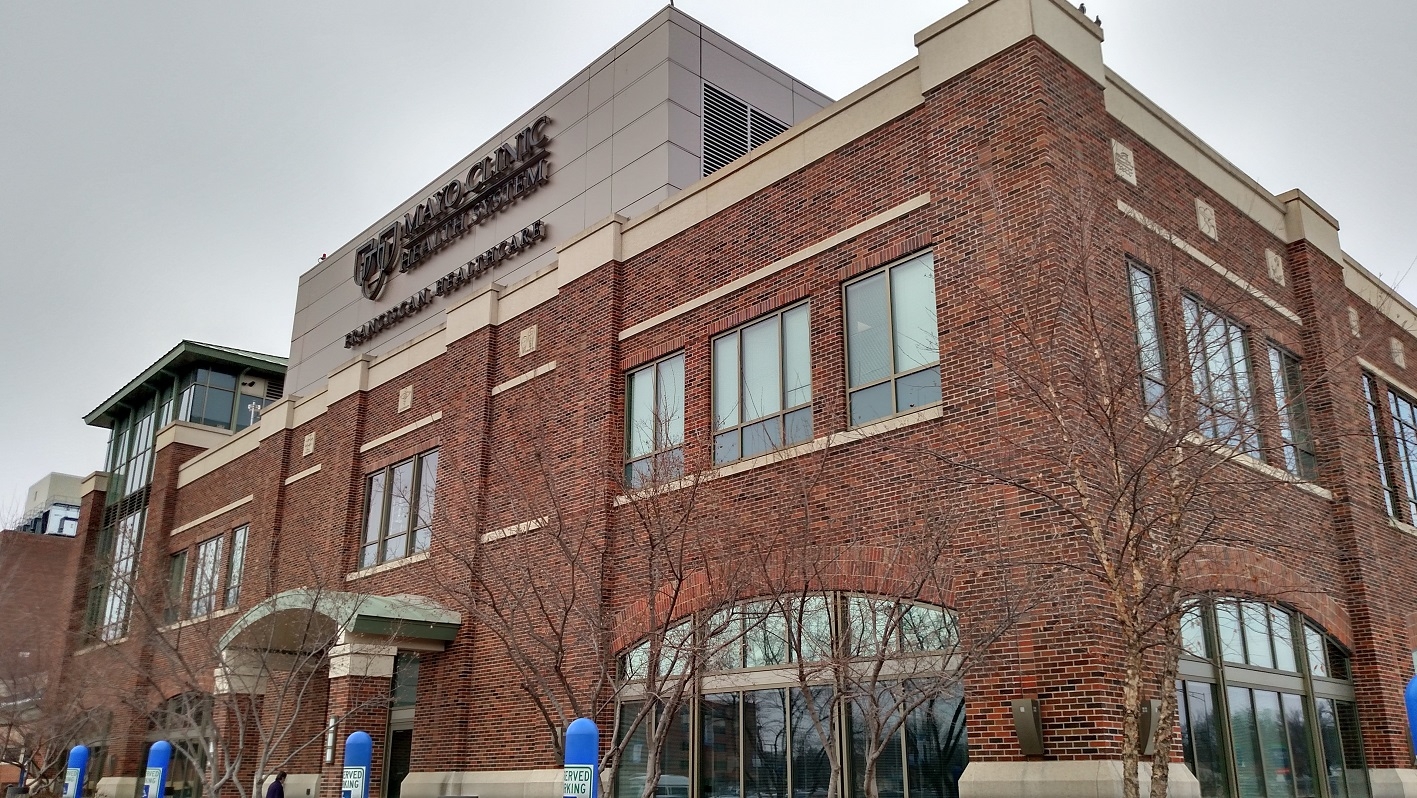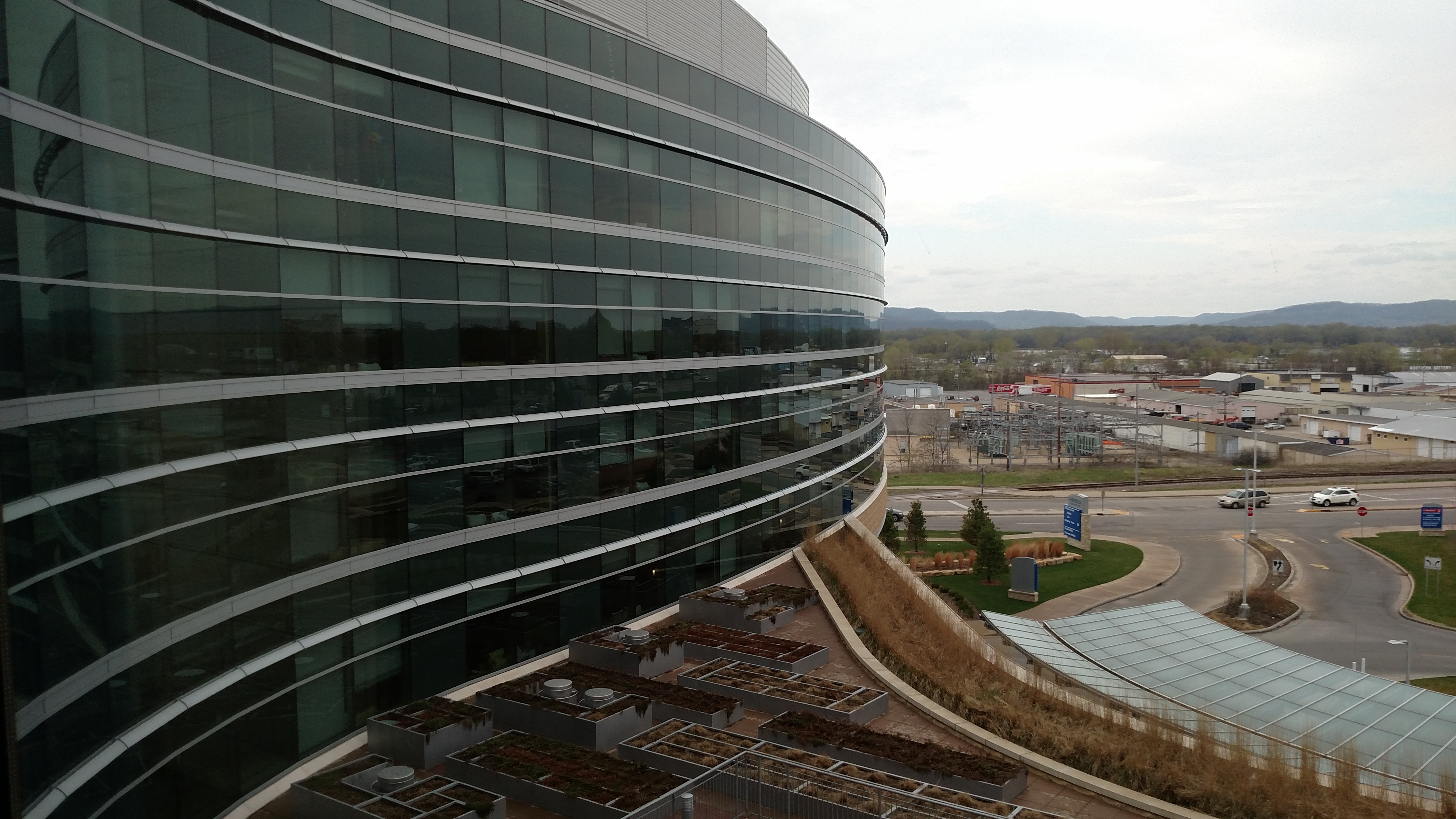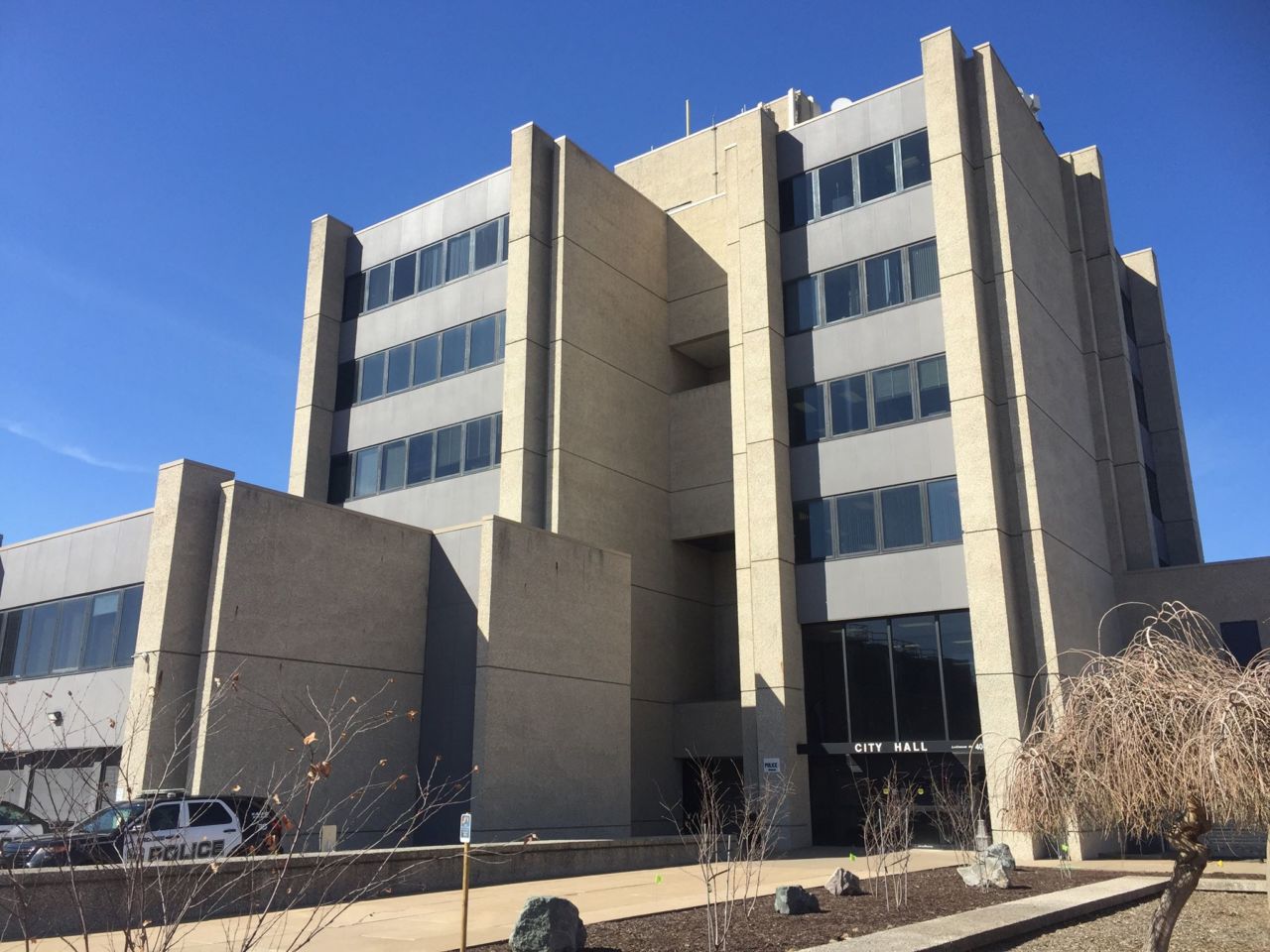Coronavirus
La Crosse hospitals at capacity, 95% Mayo COVID patients unvaccinated

It’s a fairly simple statistic but telling when it comes to COVID-19.

“Here in La Crosse, I can speak for Mayo — 95%-plus of those that are hospitalized are the unvaccinated,” Mayo Clinic Health System’s Dr. Joe Poterucha said Wednesday on WIZM. “Those that are vaccinated, again, can get COVID again — particularly the Delta variant — but the symptoms are minimal, they’re not being hospitalized, they’re managed as out-patient. They’re doing fine.”
With the more contagious Delta variant of COVID-19 and people not getting vaccinated — which was FDA approved this week — it’s beginning to affect hospitals ability to care for everyone.
“I know between Mayo and Gundersen, we’re at capacity,” Poterucha said. “It’s day-to-day, being on internal versus external diversion. Not taking patients from the outside but also wanting to balance caring for you out in the community — be it a heart attack, if you have a stroke — making sure we can get you in and take care of you, if we’re not filled up with COVID patients.
“That’s a fine balance. But, we are ahead case wise and hospital-capacity wise. It’s more burdensome than we were at this point last fall.”
It’s bad now, and school hasn’t even started.
A year ago, La Crosse County was hovering around 10-20 COVID-19 cases per day in August. Then school started, and the cases skyrocketed. First, a 129-case day on Sept. 13. Then five consecutive days in triple digits, including 254 cases on Sept. 18.
Vaccination sites available by clicking here.
Testing opportunities can be found here.
UW-La Crosse went into lockdown. It feels like that happened long ago. It was last year. And we’re still here — possibly exactly where we were last September, once again.
“So if we go into college ramping up, Oktoberfest, schools, what is this going to look like?” Poterucha asked. “We don’t want to have a strain or burden our medical resources. We want to serve the community, we want to defend the city, the region. It’s a day-by-day process at this point.

The critical care and pediatric doctor said the job now is to convince those who aren’t vaccinated to do so.
“I don’t judge anybody that was having concerns but all the doctors, all the scientists, we’re saying take it,” he said. “So, if you trust us to care for you when you’re sick, trust us in this situation with the COVID vaccine.”
Doing that appears to be challenging.
“Trying to target those that are unvaccinated is like a last-ditch effort,” Poterucha said. “It’s kind of sad where we have situations where people are still sick from COVID and still denying that they have it.
“We want to educate them how severe this is and the consequences of where this may go. That’s up to us as providers in educating the community and we want to do our best job on that.”
Poterucha says the vaccine has been well tested. If there were problems with it, those show up within about two months. That’s the timeline for long-term effects for vaccines.
“Concerning side effects, like allergy or neurologic issues, things like that are going to happen at the 4-6 week mark,” he said. “You have millions of vaccines going to the clinical trials in different populations. That’s something that would have been seen back in January and February, and for the teens, probably in March. That just was not seen.”





